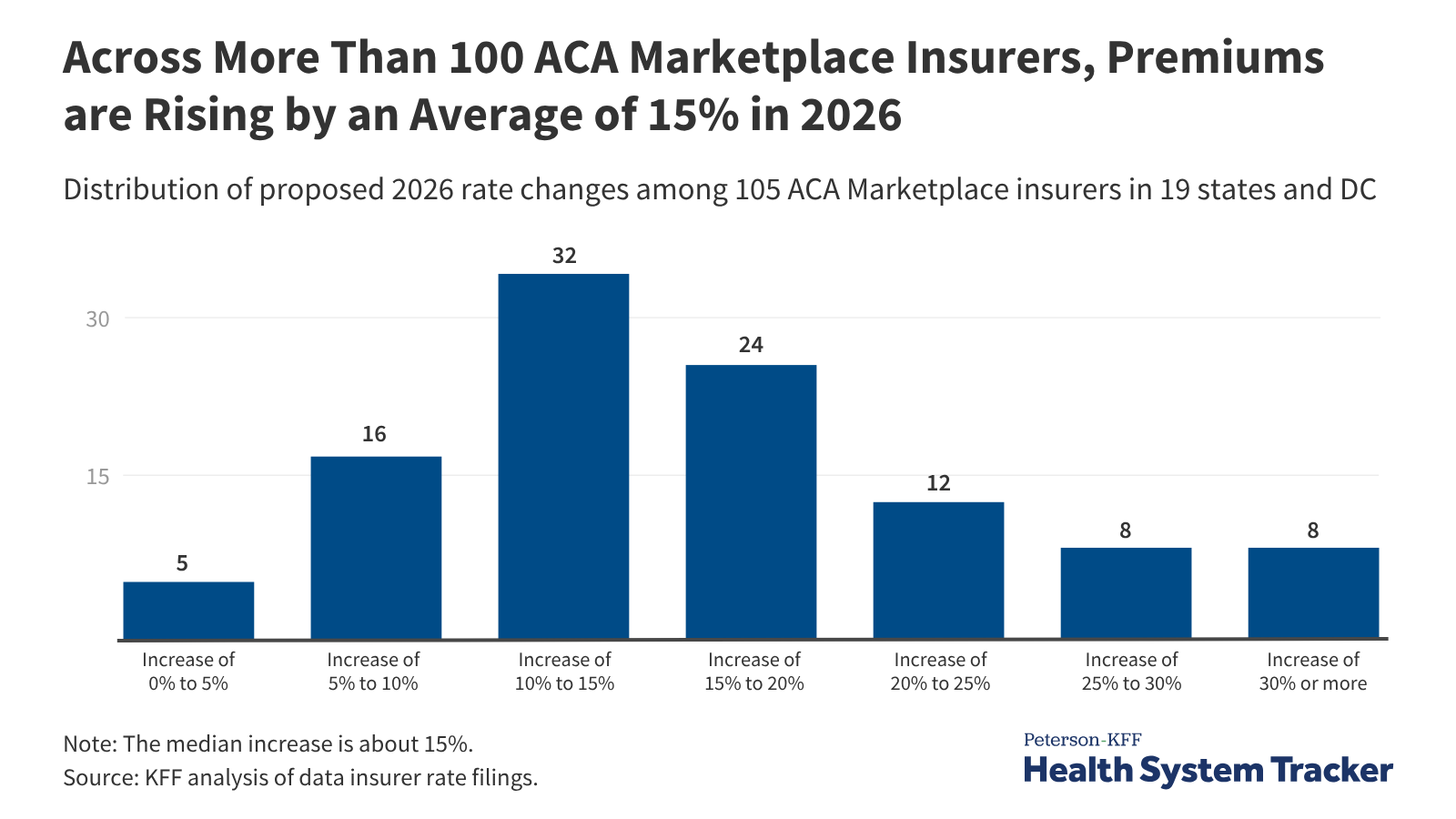Insurance is designed to protect policyholders from financial loss in the event of unexpected circumstances. However, issues sometimes arise when an insurer overpays a claim, either because of errors, miscommunications, or even fraud. When this happens, policyholders or providers may find themselves in a situation where they are asked to repay the overpaid amount.
In Ohio, the question of whether an insurance company can force a person or provider to pay back money hinges on several factors, including the type of insurance, the reason for the overpayment, and the legal frameworks governing such recovery actions. This blog will explore these issues in-depth, focusing on the legal aspects, processes, and protections available to consumers under Ohio law.
I. Legal Framework Governing Overpayment Recovery in Ohio
To understand when and how an insurance company can ask for money back, it is important to first look at the laws and regulations in Ohio governing overpayment recovery. Several statutes, including the Ohio Revised Code (ORC), Ohio Administrative Code (OAC), and guidelines from the Ohio Department of Insurance, dictate the rules surrounding these situations.
A. Ohio Revised Code (ORC) § 3901.388
Ohio law sets out clear parameters for overpayment recovery in health insurance cases. The relevant statute is Ohio Revised Code § 3901.388, which deals with how insurers handle claims and the recovery of overpaid amounts. This statute covers situations where the insurer determines that it has paid more than the actual amount owed.
Key provisions of ORC § 3901.388 include:
- Time Limit for Recovery: Insurers are generally required to initiate recovery efforts within two years from the date the payment was made. This is an essential provision that provides a limit on how long an insurer can wait before pursuing repayment. In practical terms, if an insurance company identifies an overpayment more than two years after making the payment, they are usually barred from recovering the funds.
- Notice of Overpayment: Before attempting to collect the overpaid money, insurers must notify the policyholder or provider of the overpayment. This notice typically includes details such as the amount that needs to be repaid, the reason for the overpayment, and instructions on how to dispute or resolve the issue.
- Right to Appeal: Both providers and policyholders are granted the right to appeal the insurer’s determination of overpayment. The statute mandates that the insurer must provide a reasonable period (usually 30 days) for the recipient of the notice to file an appeal. If the recipient believes the overpayment claim is incorrect, they can challenge it through the appropriate channels.
- Recovery Methods: If the provider or policyholder does not dispute the overpayment, or if their appeal is unsuccessful, the insurer may recover the overpayment by offsetting the amount from future payments. In some cases, the insurer might require direct repayment or initiate legal action if necessary.
B. Medicaid Overpayment Recovery in Ohio
For Medicaid recipients, the recovery of overpaid claims is a distinct process that is governed by a different set of rules. The Ohio Department of Medicaid has specific guidelines for providers and beneficiaries regarding overpayment recovery. According to these rules:
- Repayment Requirement: Providers who receive overpayments must refund the amounts within 60 days of discovering the error. If a provider identifies an overpayment, they must act quickly to return the funds to avoid potential penalties.
- Offset Against Future Payments: Medicaid providers have the option to offset overpayments against future reimbursements from the Medicaid program, making the repayment process more manageable.
- Audit and Investigation: The Ohio Department of Medicaid conducts regular audits of providers and services. If an overpayment is discovered during an audit, the provider is expected to reimburse the amount, and failure to do so may result in sanctions or legal consequences.
II. Common Reasons for Overpayment and Recovery Requests
Overpayments can happen in many scenarios, and insurers are motivated to recover those funds as quickly as possible. Some common reasons for overpayment include:
A. Billing Errors and Coding Mistakes
One of the most frequent causes of overpayment is human error. Medical providers, for example, may accidentally bill for more services than were actually rendered, or they may incorrectly code a procedure, leading to overpayment. This is common in health insurance but can apply to any type of insurance. In such cases, the insurer has the right to ask for the extra amount paid back.
B. Coordination of Benefits (COB) Problems
When a policyholder has more than one insurance policy covering them (for example, an employer’s health insurance and a spouse’s insurance), it is important to coordinate the benefits properly. If both insurers pay for the same claim, the insurer that paid first may be entitled to recover the overpaid amount from the other insurer or from the policyholder. These coordination issues are particularly relevant in health insurance claims.
C. Fraudulent Claims
Fraudulent claims—whether intentional or accidental—can also lead to overpayment. If an insurer determines that a claim was filed under false pretenses (for instance, if services were exaggerated or never provided), they have a right to reclaim the overpaid amount. Legal action may also be taken in cases of fraud.
D. Changes in Contractual Terms
In some cases, a change in the terms of the policy or insurance contract can result in an overpayment. For example, if a coverage limit is reduced but the insurer has already paid out based on the old terms, the insurer may attempt to recover the difference.
III. Rights of Policyholders and Providers in Ohio
Understanding the legal rights of policyholders and providers is essential for anyone facing an overpayment recovery situation. These rights are designed to ensure fairness in the process.
A. The Right to Notice and Transparency
Both policyholders and healthcare providers in Ohio have the right to clear, written notice from the insurer regarding any overpayment. This notice should provide specific details such as:
- The amount of overpayment.
- The reason the insurer believes the overpayment occurred.
- The timeline for repayment.
- The appeal process available to the recipient.
B. The Right to Appeal
As mentioned earlier, Ohio law grants both healthcare providers and policyholders the right to appeal an overpayment request. If you believe that the insurer’s overpayment determination is wrong, you have the option to dispute the claim. The appeal process typically involves:
- Submitting Documentation: You may need to provide evidence to support your position, such as medical records, billing statements, or explanations of benefits (EOBs).
- Formal Appeal: In many cases, you will need to file a formal written appeal. If the appeal is not successful, you may need to explore further legal options.
C. Legal Protections Against Unfair Practices
Ohio law protects consumers from unfair or deceptive insurance practices. The Ohio Department of Insurance provides resources for consumers to file complaints against insurers. If an insurance company is found to be engaging in unethical or illegal practices, they may be subject to sanctions, fines, or other penalties.
IV. What to Do if You Receive an Overpayment Recovery Request
If you find yourself in the position of receiving an overpayment recovery notice, it’s important to take specific actions to protect your interests:
A. Review the Notice Carefully
The first step is to thoroughly review the overpayment notice. Look for:
- The exact amount you are being asked to repay.
- The reason given for the overpayment.
- The timeline for repayment and any appeals process.
B. Seek Professional Help
If the notice is complicated or you are unsure of how to respond, it is wise to consult with a lawyer or a financial advisor. A professional can help you understand your rights, the legitimacy of the overpayment, and your options for appealing the decision.
C. Respond Promptly
It’s important to respond within the time frame specified in the notice. Whether you choose to repay the money or file an appeal, timely action is crucial to avoid further complications.
D. Keep Records
Always keep copies of all communications, documents, and evidence related to the overpayment and recovery process. These records can be valuable if you need to take further legal action or resolve any disputes.
V. Legal Recourse and Dispute Resolution
If disputes arise over an overpayment recovery, policyholders and providers have several options for legal recourse:
A. Mediation and Arbitration
Mediation and arbitration are alternative dispute resolution (ADR) methods that can help resolve conflicts between insurers and policyholders/providers without going to court. These processes are typically faster and less expensive than litigation.
B. Legal Action
If mediation or arbitration is unsuccessful, you may need to consider legal action. A lawyer specializing in insurance law can guide you through the process of filing a lawsuit if necessary.
C. Filing Complaints with Regulatory Authorities
The Ohio Department of Insurance provides avenues for filing complaints against insurers. If you feel that the insurer has violated any laws or acted unfairly in their overpayment recovery attempts, you can file a complaint with the Department. The Department can investigate the issue and take action against insurers found to be in violation of the law.
VI. Conclusion
Overpayments can be a source of significant stress for both policyholders and healthcare providers in Ohio. However, the legal protections and processes available in Ohio provide avenues for fair resolution. If you find yourself facing an overpayment recovery request, it is crucial to understand your rights and options. Whether through appealing the decision, seeking professional advice, or taking legal action, you have mechanisms in place to ensure that any recovery efforts are fair and justified. Always remember that staying informed and proactive in these situations can help you protect your financial interests.
Frequently Asked Questions (FAQ) about Insurance Overpayment Recovery in Ohio
1. Can an insurance company make me pay back money in Ohio?
Yes, an insurance company can request that you repay money if it determines that you were overpaid. This situation can arise if the insurer mistakenly paid more than what was owed, either due to billing errors, fraud, or coordination of benefits issues. Ohio law allows insurers to recover overpayments within specific timeframes, usually within two years, depending on the type of insurance.
2. What should I do if I receive an overpayment recovery notice?
If you receive a notice about an overpayment recovery, the first thing you should do is carefully review the notice for accuracy. Check the amount of overpayment, the reason for the recovery, and the timeline for repayment. If the notice is unclear or you believe the overpayment is incorrect, you should contact the insurer for clarification. Additionally, you may wish to consult with a legal or financial advisor. If you disagree with the overpayment, you have the right to appeal the decision.
3. How long does an insurance company in Ohio have to recover overpaid money?
In Ohio, an insurance company must initiate recovery of an overpaid amount within two years from the date the payment was made. After two years, the insurer is generally not permitted to recover the overpayment, unless fraud or other exceptional circumstances are involved.
4. Can I appeal an overpayment recovery request?
Yes, you can appeal an overpayment recovery request. Ohio law allows you to contest the insurer’s determination of overpayment, usually within 30 days of receiving the notice. To appeal, you will need to provide evidence that supports your case, such as medical records, billing statements, or proof of error in the insurer’s payment. If your appeal is denied, you can consider further legal options.
5. How do I file an appeal for an overpayment recovery?
To file an appeal, you must submit a written request to the insurance company or Medicaid (if applicable), within the time period specified in the overpayment notice (usually 30 days). In your appeal, you should outline why you believe the overpayment claim is incorrect, and provide supporting documentation, such as billing records, medical procedures, or relevant insurance policy terms. Make sure to keep a copy of your appeal for your records.
6. Can I repay the overpaid amount through deductions from future payments?
Yes, in many cases, insurance companies may offset future payments to repay an overpaid amount. For example, if you are a healthcare provider, the insurer may deduct the overpayment from your future reimbursements. This arrangement may vary depending on the insurer and the specific terms of your contract, so it’s important to confirm the details with your insurer.
7. What if I can’t afford to repay the overpaid amount in full?
If you are unable to repay the overpayment amount in full, you should contact the insurer as soon as possible to discuss payment options. In some cases, insurers may offer installment plans or other arrangements to make repayment more manageable. However, it is important to communicate proactively with the insurer to avoid further complications or penalties.
8. What happens if I don’t repay the overpayment?
If you fail to repay the overpaid amount, the insurer may take further actions to recover the funds. This could include withholding future payments, sending your account to collections, or pursuing legal action. It is crucial to address the overpayment as soon as possible to avoid more serious consequences, including damage to your credit score or legal issues.
9. What rights do I have under Ohio law in case of an overpayment recovery dispute?
Ohio law provides several protections for policyholders and providers in overpayment recovery situations. These include the right to be notified of the overpayment, the right to appeal, and the right to fair treatment throughout the recovery process. The Ohio Department of Insurance can intervene if an insurer is acting unfairly or violating the law.
10. Can Medicaid overpayments be recovered in Ohio?
Yes, Medicaid overpayments can also be recovered in Ohio. The Ohio Department of Medicaid requires providers to return any overpayments within 60 days of discovering the error. Medicaid overpayment recovery may also involve offsetting future payments or other administrative processes. Providers are encouraged to act quickly to resolve overpayment issues.
Read More:
- Does Renew Health and Wellness Accept Insurance in Needham?
- Should I Talk to Other Insurance After an Accident in Chicago?
- What is Full Coverage Insurance in Ohio and How to Get It?
- Northwestern Mutual vs. Foremost Insurance Company: A Insurance Solutions
- Why Does My Employer Need Proof of My Auto Insurance in the USA?



